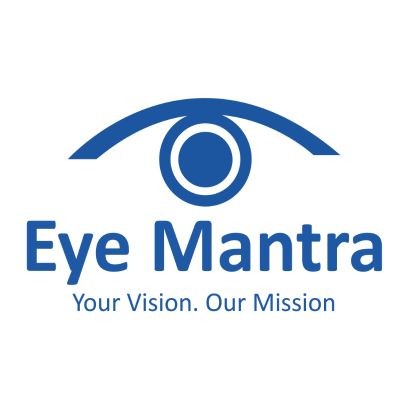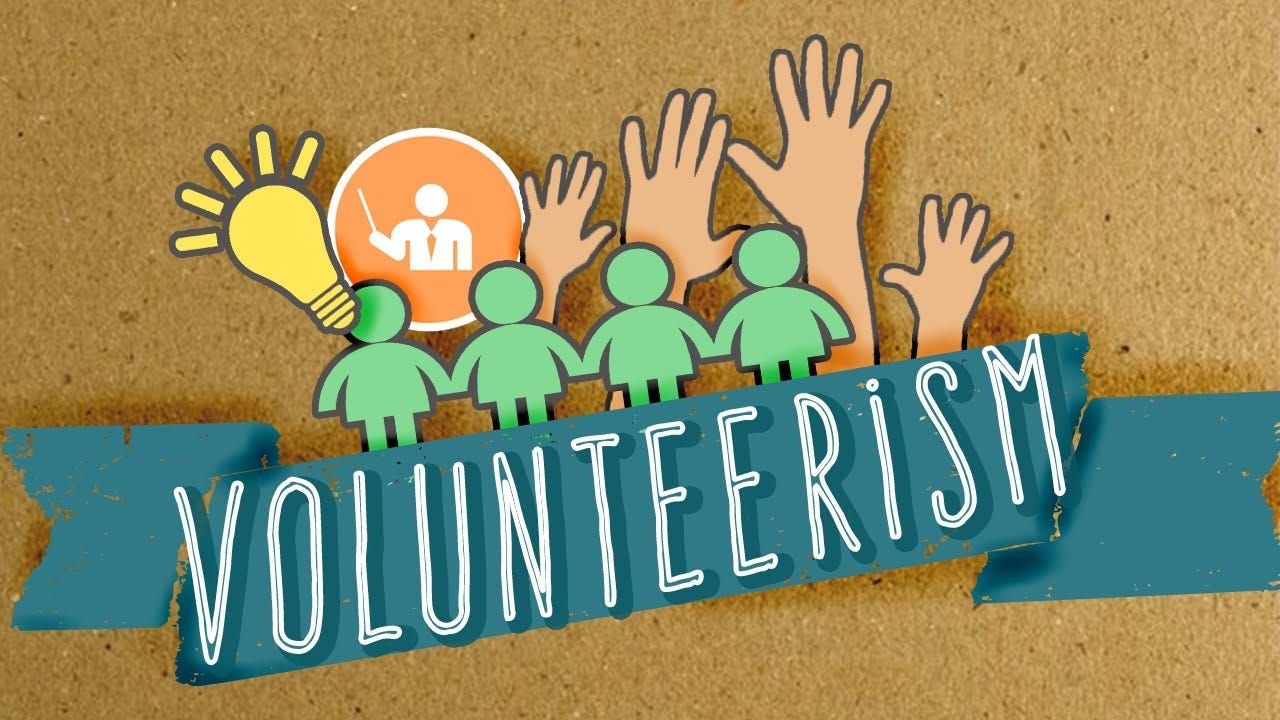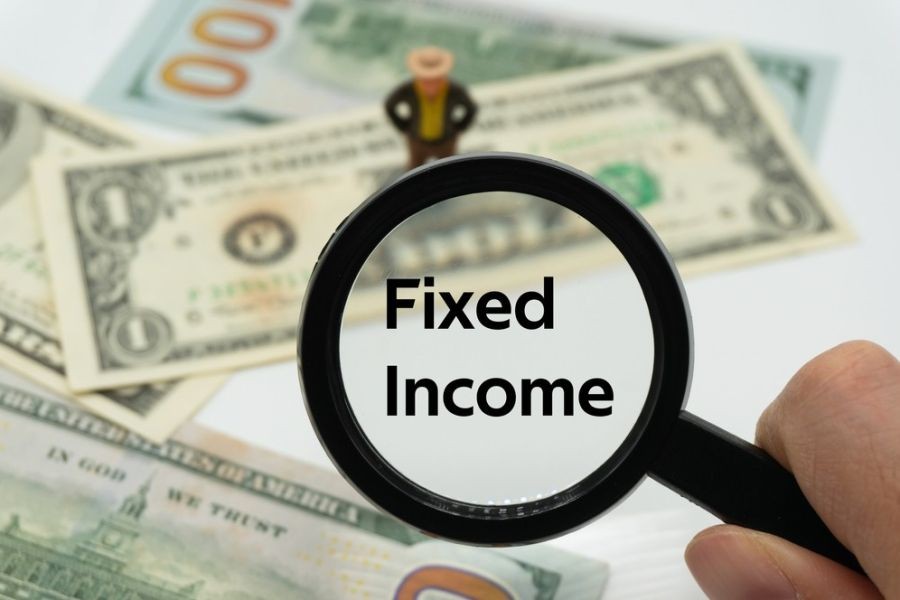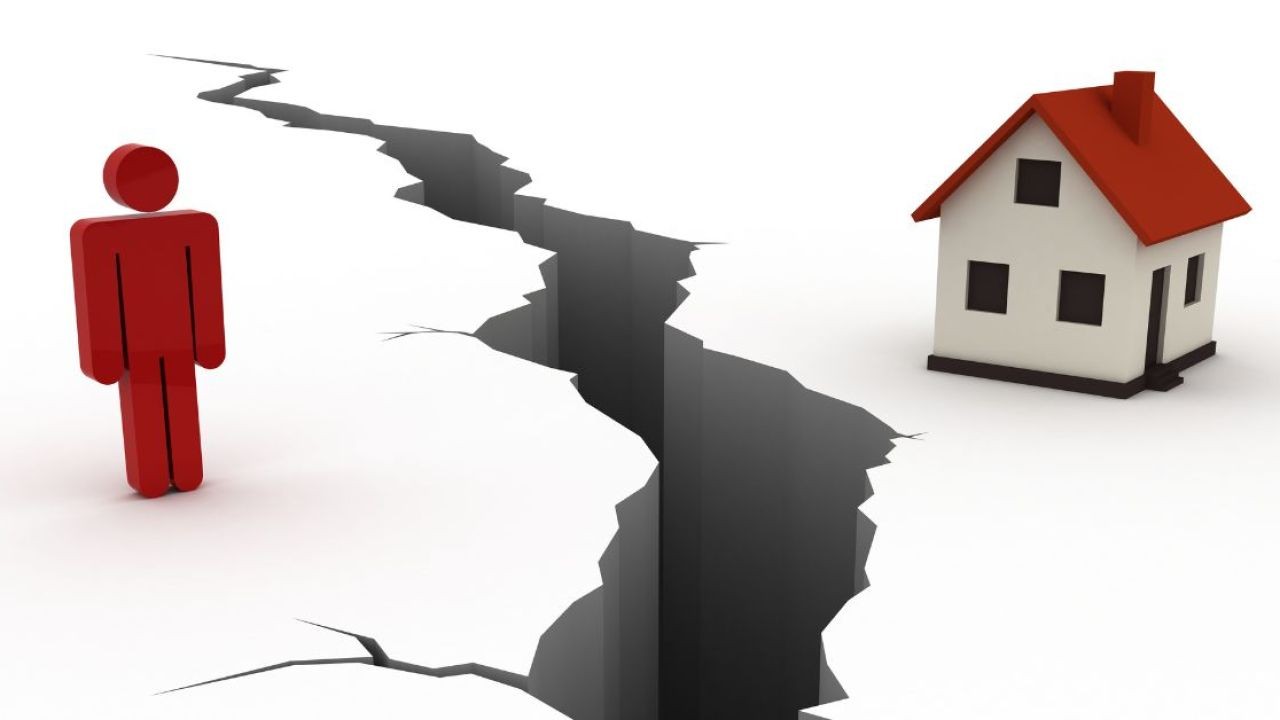New Zealand's mental health landscape is uniquely shaped by a blend of cultural diversity, geographical challenges, and evolving healthcare policies. Choosing the right mental health professional here isn't just a matter of personal preference; it's a strategic decision that can significantly impact one's well-being. In this article, we delve into the critical factors that influence this choice, offering insights tailored to the New Zealand context.
Understanding the Mental Health Landscape in New Zealand
New Zealand’s approach to mental health is deeply influenced by its bicultural framework, primarily honoring both Māori and Pākehā perspectives. According to a 2022 report by the Ministry of Health, mental health services in New Zealand are undergoing a transformation, with an emphasis on community-based care and holistic approaches. This shift is crucial in addressing the rising demand for mental health services, as recent statistics show that one in five New Zealanders experience mental health issues annually.
Case Study: Te Whare Tapa Whā Model
The Te Whare Tapa Whā model, developed by Sir Mason Durie, exemplifies a uniquely New Zealand approach to mental health. This holistic model incorporates four dimensions: taha tinana (physical health), taha hinengaro (mental health), taha whānau (family health), and taha wairua (spiritual health). Many mental health professionals in New Zealand integrate this framework into their practice, offering a culturally resonant approach that is increasingly sought after.
Factors Influencing the Choice of a Mental Health Professional
Professional Credentials and Expertise
In New Zealand, mental health professionals are required to register with relevant bodies such as the New Zealand Psychologists Board or the New Zealand Association of Counsellors. Checking these credentials ensures that the professional adheres to national standards and practices ethically. It's also important to consider the professional's area of expertise, as specializations can vary widely, from family therapy to addiction counseling.
Cultural Competence
Given New Zealand’s diverse population, cultural competence is a critical factor. A mental health professional who understands cultural nuances can provide more effective care. For Māori individuals, for instance, a practitioner familiar with Māori customs and the Te Whare Tapa Whā model can offer more culturally aligned support.
Accessibility and Location
Geography plays a significant role in accessibility to mental health services in New Zealand. With many rural areas facing a shortage of healthcare providers, telehealth has emerged as a viable solution. According to Stats NZ, telehealth consultations increased by 30% in 2023, highlighting its growing importance in bridging the accessibility gap.
Pros and Cons of Different Types of Mental Health Professionals
Psychologists
- Pros: Extensively trained in psychological assessments and therapy techniques; adept at handling complex mental health issues.
- Cons: Often more expensive than other practitioners; may have long wait times for appointments.
Counselors
- Pros: Generally more affordable; excellent for short-term therapy and support.
- Cons: May not have the same level of training in diagnosing mental disorders as psychologists.
Psychiatrists
- Pros: Can prescribe medication; ideal for managing mental health conditions that require pharmaceutical intervention.
- Cons: Typically focused on medication management rather than therapy; can be costly.
Myths and Misconceptions about Choosing a Mental Health Professional
Choosing a mental health professional can be fraught with misconceptions. Let’s debunk some common myths:
- Myth: All mental health professionals provide the same services. Reality: Different professionals have varying specializations; it’s crucial to choose one that aligns with your needs.
- Myth: Medication is always necessary for mental health treatment. Reality: Many conditions can be effectively managed with therapy alone, depending on the individual and the severity of the condition.
- Myth: Therapy is only for severe mental health issues. Reality: Therapy can benefit anyone, even those without a diagnosed mental health condition, by providing strategies for stress management and personal growth.
Future Trends in Mental Health Services in New Zealand
By 2026, New Zealand is expected to see significant advancements in mental health services. The integration of digital tools and AI in mental health care is predicted to increase, providing more personalized and efficient treatment options. A report by the New Zealand Institute of Economic Research forecasts a 40% rise in the adoption of AI-driven mental health apps, which can offer immediate support and monitoring for those in remote areas.
Conclusion
Choosing the right mental health professional in New Zealand involves navigating a complex landscape of services and cultural considerations. By understanding the factors that influence this decision, such as professional credentials, cultural competence, and accessibility, individuals can make informed choices that enhance their mental well-being. As the mental health sector continues to evolve, staying informed about emerging trends and technologies will be crucial for accessing optimal care. What’s your next step in finding the right support? Share your thoughts and experiences below!
People Also Ask (FAQ)
How does cultural competence affect mental health treatment in New Zealand? Culturally competent care ensures that treatment is aligned with the individual's cultural values and beliefs, which can enhance treatment effectiveness and patient satisfaction.
What are the benefits of telehealth for mental health in New Zealand? Telehealth increases accessibility to mental health services, especially for those in rural areas, and offers convenience and flexibility in scheduling appointments.
Related Search Queries
- Choosing a psychologist in New Zealand
- Māori mental health models
- Telehealth mental health services NZ
- Mental health professional credentials NZ
- New Zealand mental health policies







































The Nonprofit Prof
3 months ago